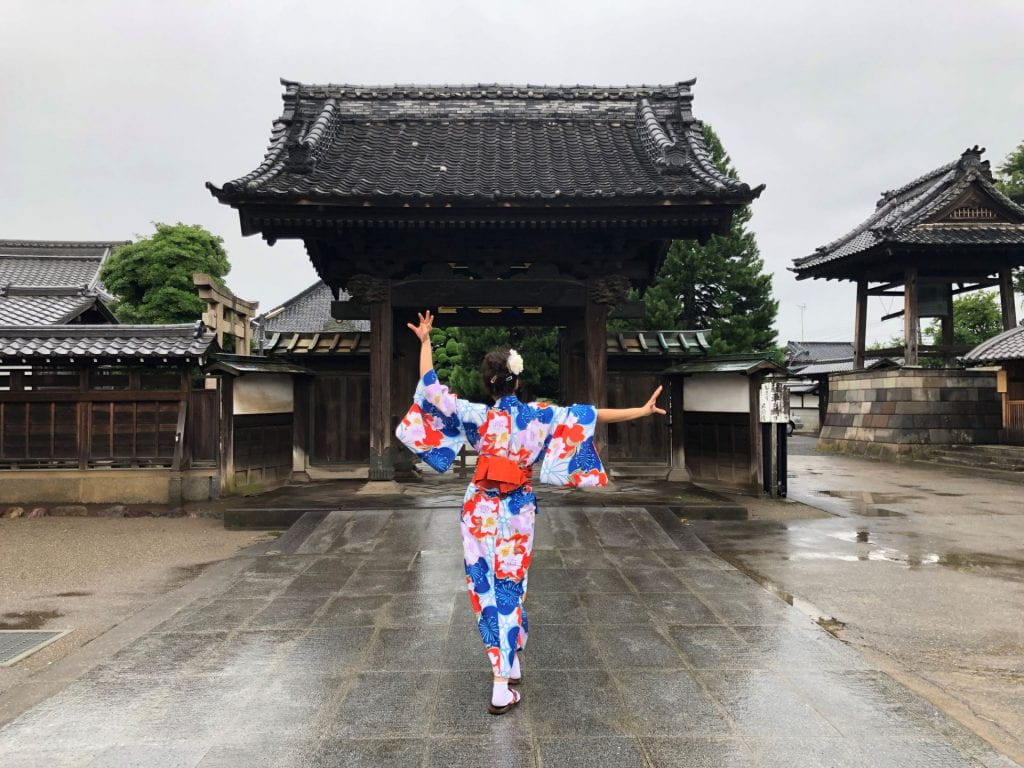World Urban Forum 2020 – UCL Climate Action Society
By skye.aitken, on 25 February 2020
Written by The UCL Climate Action Society
This past weekend UCL students Aliza Ayaz (BSc Global Health, 3rd year) and Tehnia Amir (BSc Information Management, 2nd year) became the first students from the United Kingdom to speak at the United Nations. They were the youngest speakers at the 10th session of the prestigious World Urban Forum in Abu Dhabi and represented UCL’s Climate Action Society.
Aliza spoke on Youth, Peace and Security, and Tehnia debated the challenges of implementing climate action strategies in urban spaces.
“We are so grateful for the opportunity to have discussed the final declaration alongside Mayor’s, Minsters, and members of the Royal Family of Kuwait and UAE that will be passed as an official Resolution by the UN Habitat. We hope that our participation at such events inspires the youth to push for initiative, to be bold in their demands and to realise that no action is small. We started off as a student club, but thanks to our diverse, dedicated and passionate team, and UCL Careers which made us aware of opportunities at the UN, we have been able to assimilate the educational and awareness aspects of our approach into actual groundwork. This collective support has enabled us to put pressure on various national and international organisation to adapt to climate resilience strategies.”
Tehnia Amir: “Being the youngest speaker on a panel discussion on how to combat Climate Change in Cities, demonstrates how the efforts of young people championing for climate action and sustainable urbanisation are being recognised. Forums like these help to rekindle our hopes in the government, private sector and other change-makers in supporting the most avid contesters for a sustainable future – the youth.”
The UCL Climate Action Society (CAS)
UCL’s Climate Action Society is a pioneering non-profit organisation at the front line of student action for environmental causes. Our approach is multidimensional. We promote sustainable practice in the individual and consumer through varied informative events and media, as well as empowering them to demand climate action. We also invite businesses, politicians and organisations to join our discussions; challenging them to make changes to their practices that are beneficial to both them and the planet.
We host events that aim to converge perspectives, efforts, and solutions on the issues that concern climate change. For example, our flagship event “Sustainability Symposium” is regarded as an impactful conference with attendees from a range of backgrounds who came together at UCL to intrigue and engage British society on climate change. This year, the symposium included a speed mentoring session, many engaging speakers, and a networking dinner with over 320 attendees!
From CAS to the UN
Aliza is the Founder & Chair at CAS and Tehnia Amir is the Events Executive, helping organise various workshops, conferences and activities.
After recognising the lack of coordinated student effort and interest for climate change in UCL, Aliza proactively founded the CAS. With support from UCL, the society organised campaigns to motivate positive changes in climate-related behaviours. CAS facilitated diversity and inclusion in the fight against climate change through organising BME-focused networking dinners and conferences; such efforts were commended and praised by Baroness Young of Hornsey. The CAS committee also organised the first UK-wide “Sustainability Symposium” which won the Student’s Union “Event of the Year” award. Its theme is to link the role of various disciplines, such as economists, statisticians, doctors and scientists, to participate in mitigating and adapting to the consequences of climate change. CAS currently counsels the UCL Policy Commission on the Communication of Climate Science and start-up Rhizome as to methods of creating awareness regarding clime-related health conditions and increasing youth participation in climate action. Subsequently, CAS become the only society globally to be involved with parliamentary lobbying. These efforts were recognised by the United Nations Environment Program.
The experience
WUF10 started in Abu Dhabi on 8 February, with over 17,000 participants. The theme of the Forum was “Cities of Opportunities: Connecting Culture and Innovation.”
We took part in the Six Dialogues Sessions at the WUF10 which took stock of emerging innovative approaches and practices in harnessing culture and innovation as drivers for sustainable urbanisation. This provided greater insights into the linkages between urbanisation, culture and innovation as a basis for achieving inclusive, safe, resilient and sustainable cities and human settlements. The participants at the World Urban Forum reflects the mix of people that makes our towns and cities a place to stay. Aliza worked with the Mayor of Kabul, Ahmed Zaki Sarfarez, and Prime Minister Bainimarama of Fiji on inclusive, participatory planning. We also attended a session on Youth, Peace and Security which highlighted good-practice youth-led initiatives that contribute to conflict resolution – through community service, civic engagement or the direct participation in formal institutions. It encouraged political decision-makers to build inclusive structures that allow youth ownership and leadership to benefit of young people’s power to build peace.
If you’re interested in finding out more about our trip, or the society itself, please be sure to contact us on Facebook or Instagram.
For UCL Careers’ Sustainability Fortnight events, check out the website.
 Close
Close











